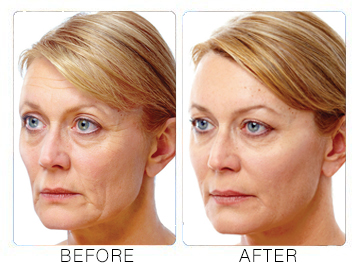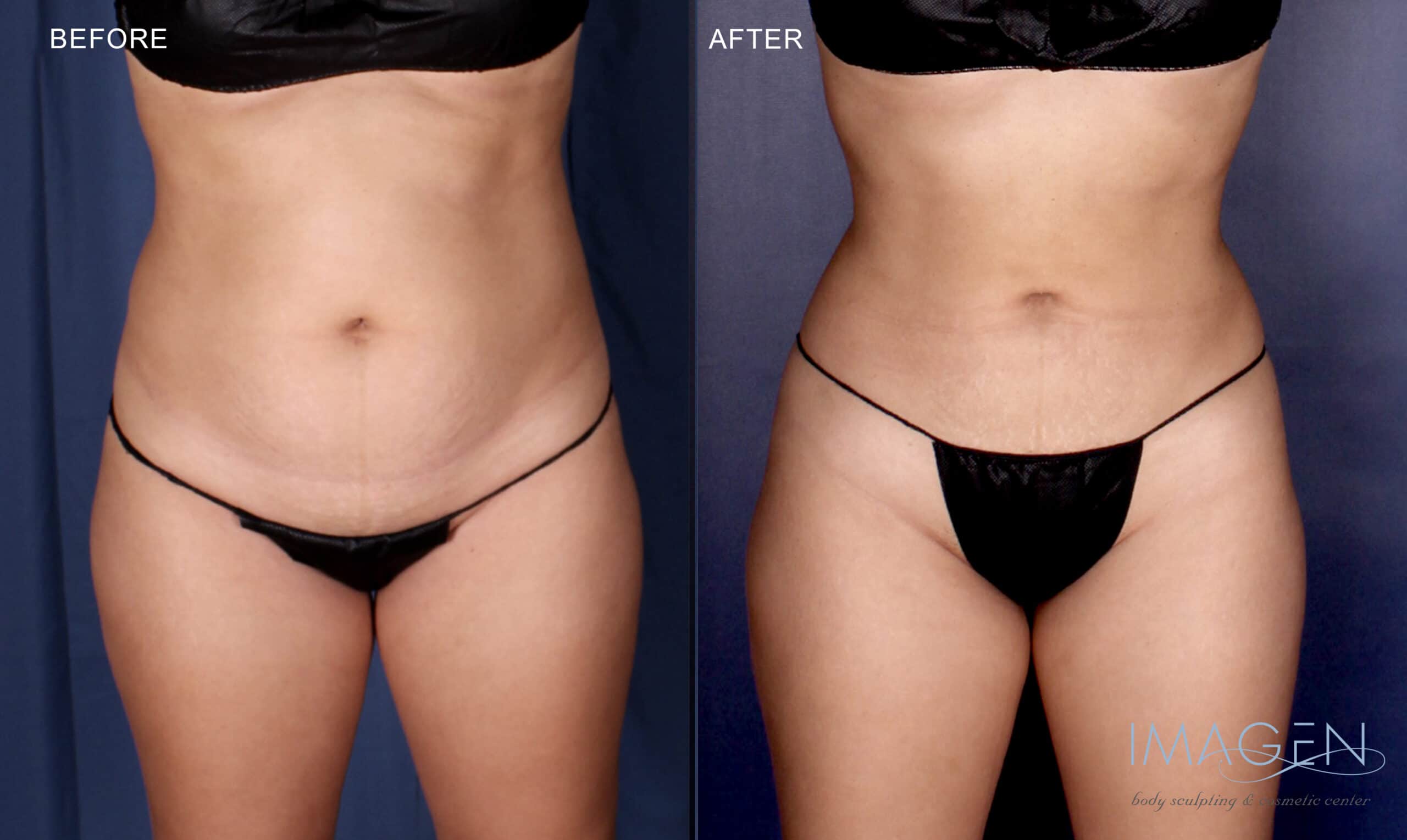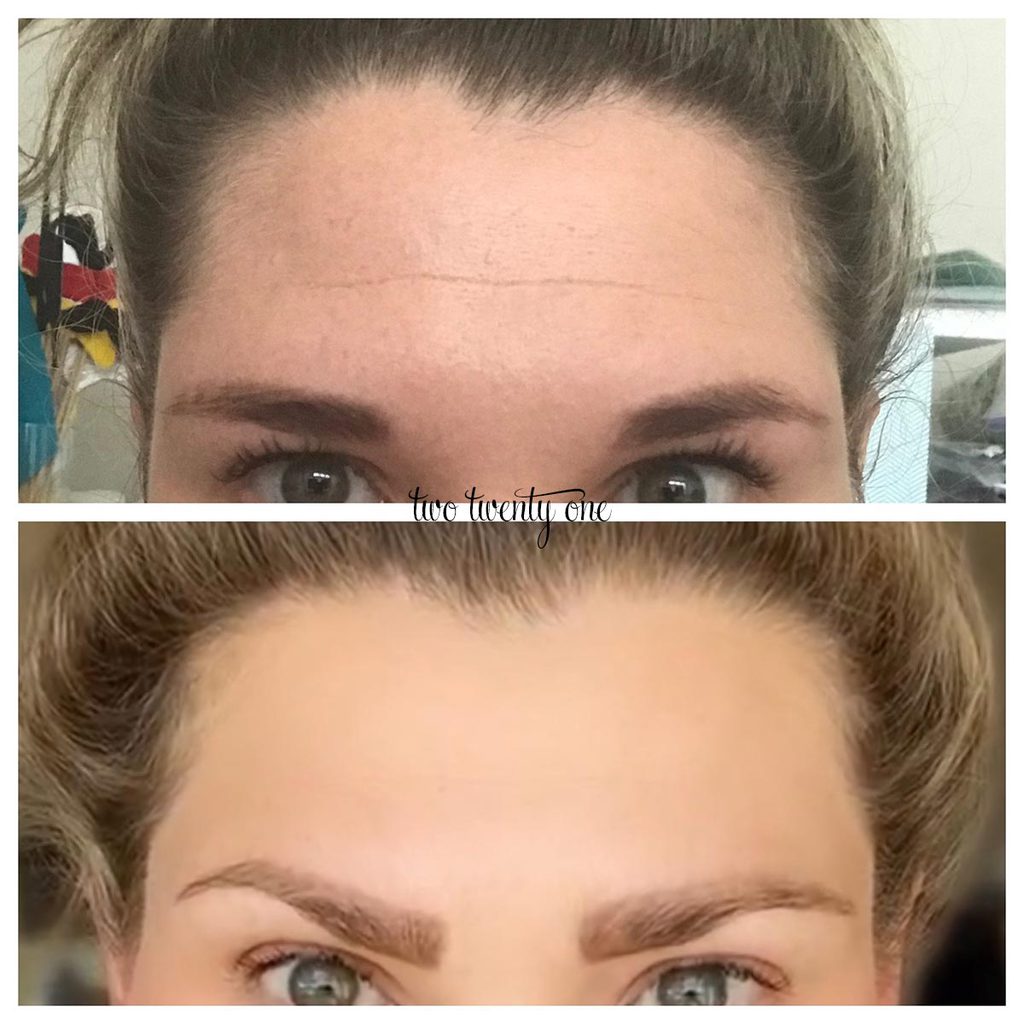
There are many options for breast enhancements. Each procedure can have different results. There is no "one-size-fits all" solution. Therefore, it is important that you have enough information to make an educated decision about each procedure. You will be able to ask the right questions to get the breast enhancement surgery you desire.
How to choose a surgeon
The choice of a plastic surgeon to perform breast enlargement is an important one. There are many factors to consider including the surgeon’s education, experience, and personal manner. Referring to people who have had surgery is a great way of choosing the right surgeon.
Review sites and before and afterwards photos are good places to start. It is important to find surgeons who can deliver quality results. Before and after photographs can provide valuable information about the surgeon's ability and experience. The pictures can also help you determine if a surgeon is right for your needs.

Preparing for surgery
Keep your body healthy when preparing to have breast enlargements. Avoid being around sick people and make sure you take some time off from work to prepare for the surgery. Also, if you have small children, make sure to find someone to care for them while you are away. Additionally, you should try to avoid strenuous exercise for two weeks. After surgery, your breasts may feel tender and excessive movement could cause pain.
It is a good idea for patients to have a healthy meal plan before they go under the knife. Buy foods that are easy to prepare. It is also a good idea to choose foods that are easy to prepare and durable. Be sure to bring all medications. You should also be at the surgery two hours before check-in to avoid any delays. Comfortable clothes should not restrict arm movement. You can also wear a button-front t-shirt.
Complications
Postoperative infection is a rare occurrence in breast enlargement surgery. These symptoms include reddening, swelling, pain, fever, and redness. Patients should discuss their treatment options with their surgeon. Antibiotics can clear infection, but if it continues to persist, the surgeon may perform a surgical procedure to remove infected tissue. The surgeon may remove the implant or tissue expander in some cases.
Of the total 450 procedures after initial implantation, 91 of them were staged planned procedures while 164 were done for clinical reasons. A total of 321 women reported one or more complication. From these 321 women, 178 had at minimum one complication. A total 274 breasts also had at the least one implant. Women who had surgery after breast cancer treatment or prophylactic reasons experienced significantly lower complications.

Recovery
Breast enlargement surgery recovery is an important aspect of the process. The procedure is not considered life-threatening but can be painful. After surgery, any swelling, bruises, or pain will go away. To promote healing faster, the body will release antiinflammatory compounds. During recovery, patients should avoid strenuous activity, including lifting heavy objects. Patients can resume their normal activities after a few weeks.
Patients will receive pain medication. They can also use over-the-counter pain relief to reduce the discomfort. After surgery, patients should limit their activity to low-impact for at least two to five week.